
Holistic dimension and the reason of being
September 24, 2018
Meditation
October 7, 2018Happiness
Most of us are unable to describe and define what happiness is or represents to us. Why? Because it is intangible and totally subjective.
Happiness can be comparable to a soap bubble – as soon as you touch it, it disappears. In addition, it is hard to capture and hard to keep. So, the goal is to create a machine of the soap bubble.
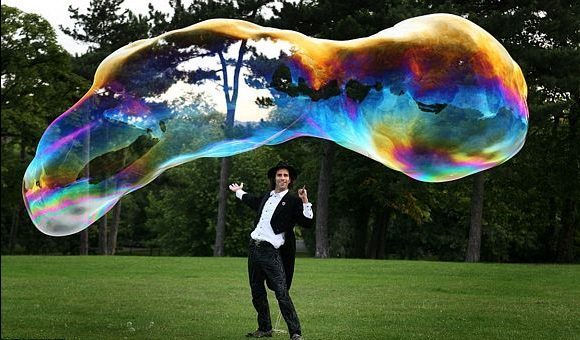
Maybe the most beautiful one is not necessarily the biggest one – the bubble of your child will always be more beautiful than the biggest one in the Guinness book.
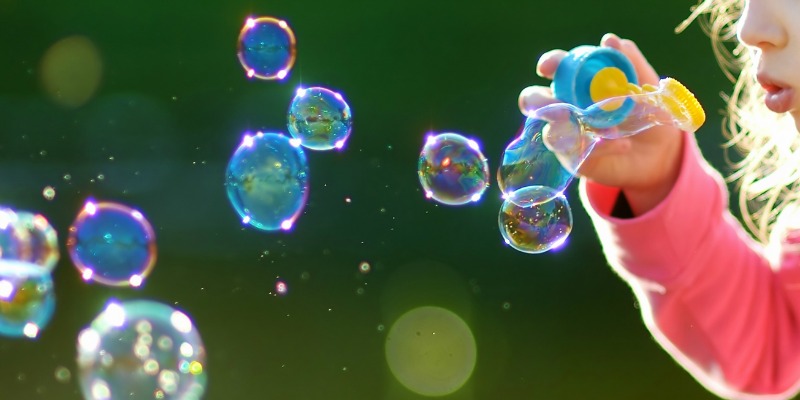
Symbolically, the qualitative aspect can be more important than the quantitative one.
Happiness is also comparable to a tightrope walker, evolving on an extremely thin line with at both sides the threat of falling down into the darkness (fear, failure, pain, separation…). But there is no need to aim for the moon, happiness can be simple.
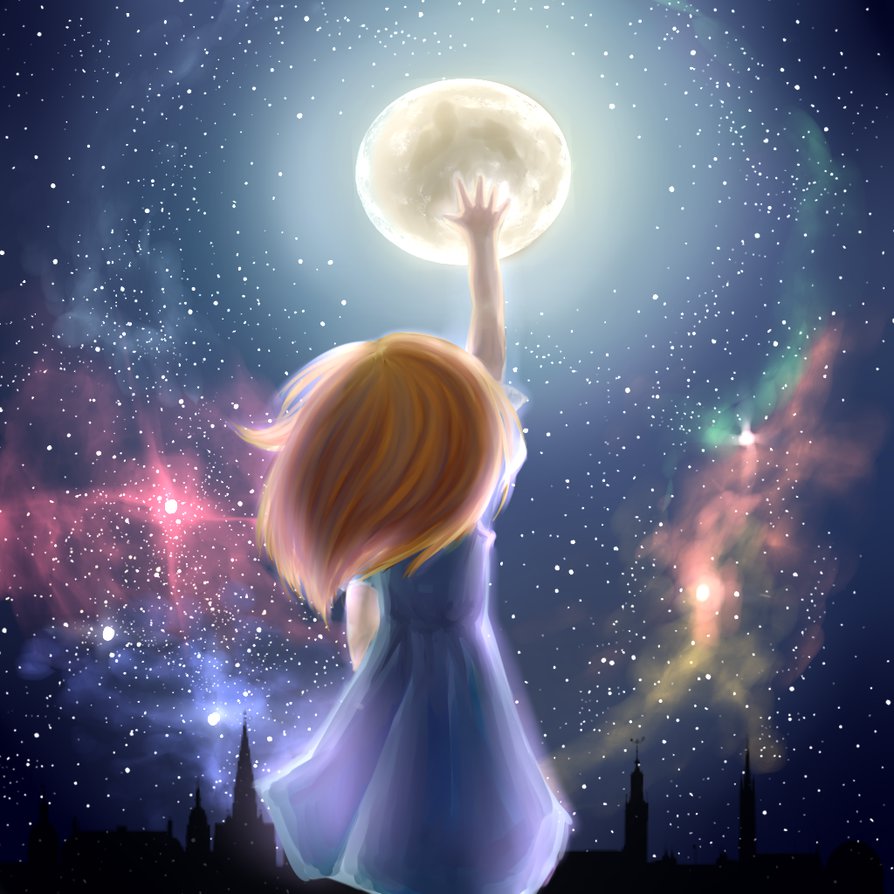
Sometimes we cross half the planet to discover the seventh wonder of the world while the eighth is in front of us. Traveling is not going far but to see with new eyes.
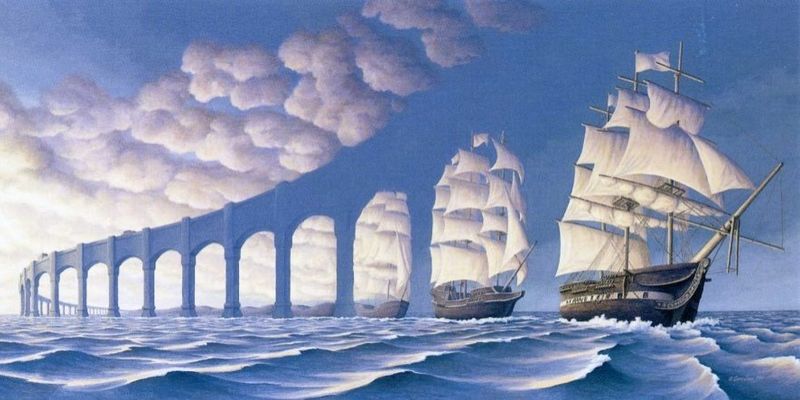
Elif Shafak said “No matter who we are and where we live, deep inside we all feel incomplete. It is like having lost something and experiencing the need to find it back”. What is this “something”?
This “something” seems to be the fruit of mutual journey narrowly linked, inner and outer travel to reach YOUnity. The goal of this is to reconnect to yourself and the world to achieve fullness thanks to the holistic perspective. Holistic (holos: entire) vision is a global perception.
However the pursuit of happiness suits you very well, and well-being is an endless well – it is comparable to a mountain without a summit. Happiness occurs on the journey and not only at the destination.
Happiness has no frontiers, no limits… except yourself or your self. We outsource the responsibility to others, both macro (environment, culture, politics, government) and micro (education, family, friends, colleagues). We all have our “good bad” reason not to be happy… happiness is a state of mind.
First, we have to be precise. What are we talking about? What is the difference between happiness and pleasure? We are living in a pleasure-seeking society. The proof is that it made us make the confusion with these both concepts completely different.
Pleasure is a momentary feeling bringing a good moment that comes from something external which is quick. It requires more, more, and more (money, attention, care, fun, power…) like a vicious circle creating dependence, frustration and the need for growth endless – an addiction.
Happiness is an inner harmony which brings outer harmony. This is a sustainable fullness whatever the changes and events, you are full and feel no more need. When you are in harmony, all that you do or see is harmonious.
Well-being implies two definitions and notions, firstly I feel good and secondly, I act/behave well (I am a good person). Both are linked to the inner and outer harmony, two faces of the same medal that you win by understanding as a whole.
Maybe the first step is to define what you like. Seneca once said, “There is no favorable wind for those who do not know where they are going”. Thanks to that you can design your personal and professional life accordingly, establishing a good balance of your tree of life.
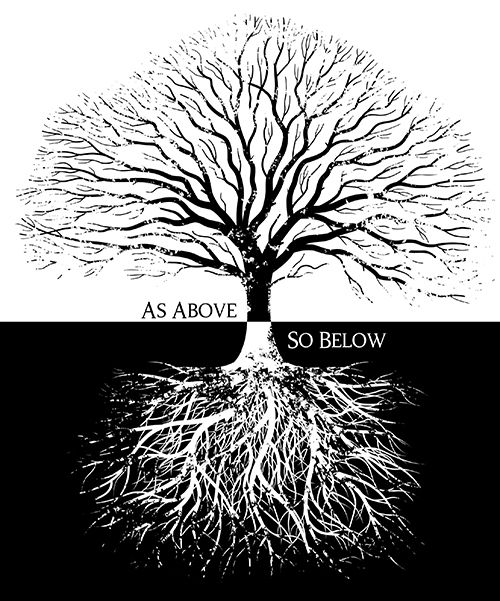
Joseph Cambell also once said, “I don’t believe people are looking for the meaning of life as much as they are looking for the experience of being alive.”
To the existing question of “happiness”, maybe it is more existential to be happy than trying to be happy. Happiness is not to have everything you want but to appreciate what you have.
The goal of the game in the life seems not to look for reasons to be happy, maybe it is to be happy without reason.
Issa
